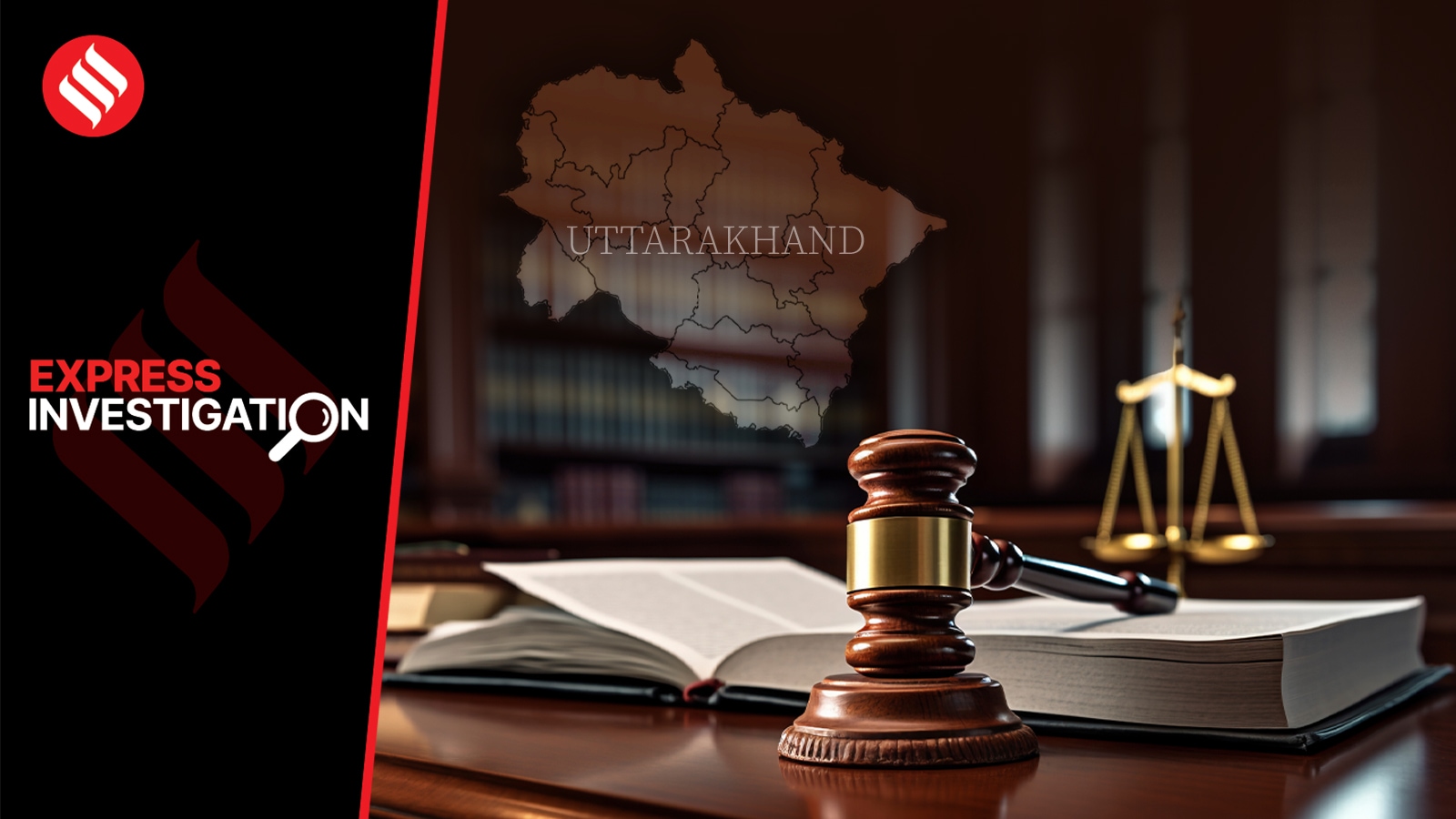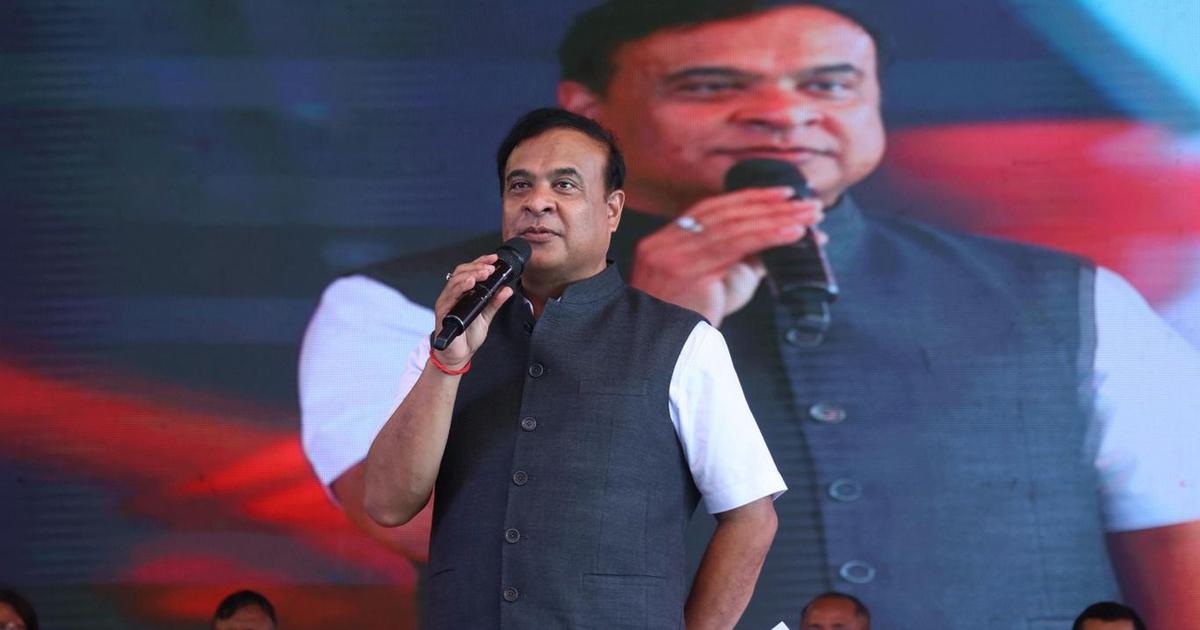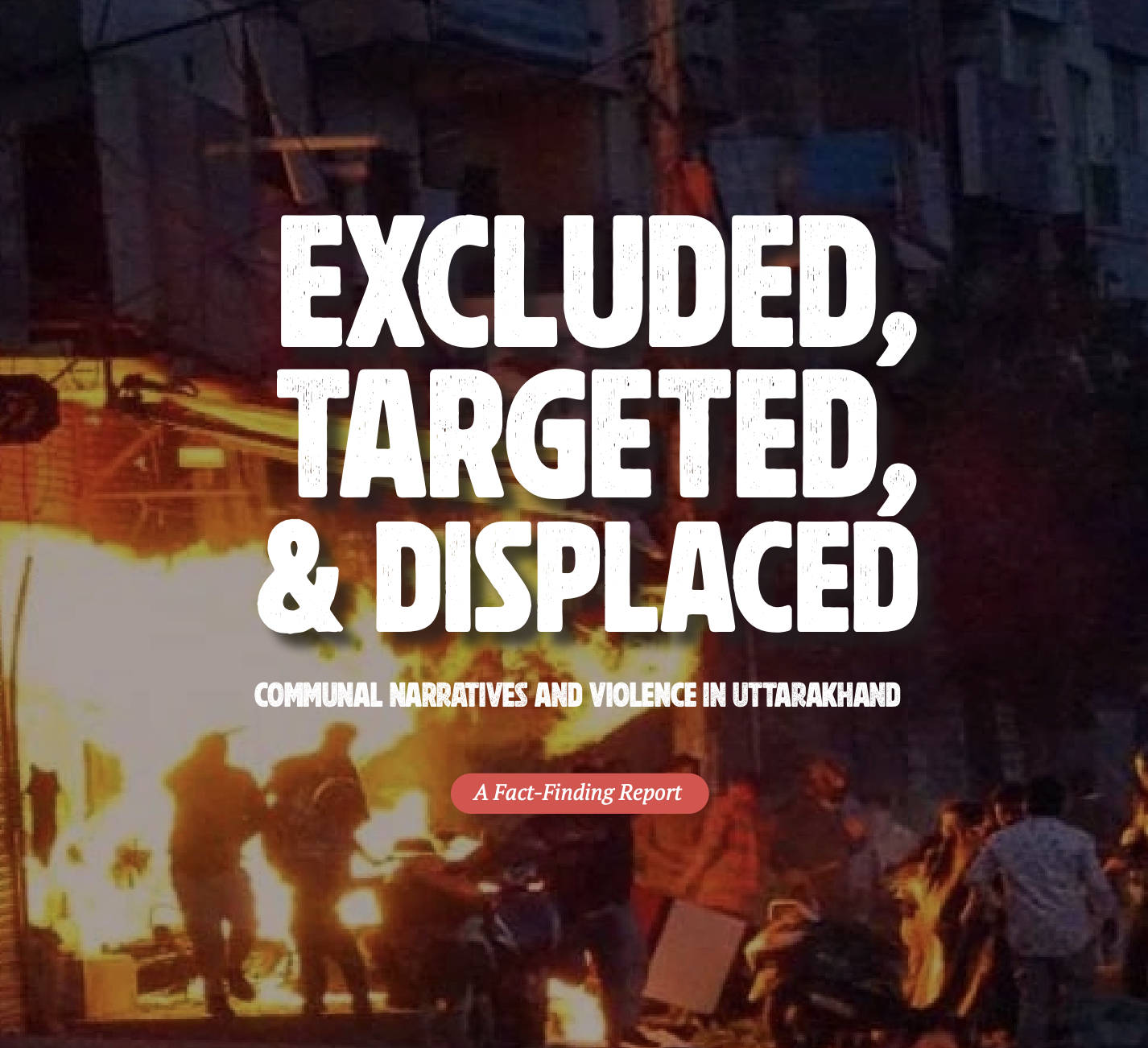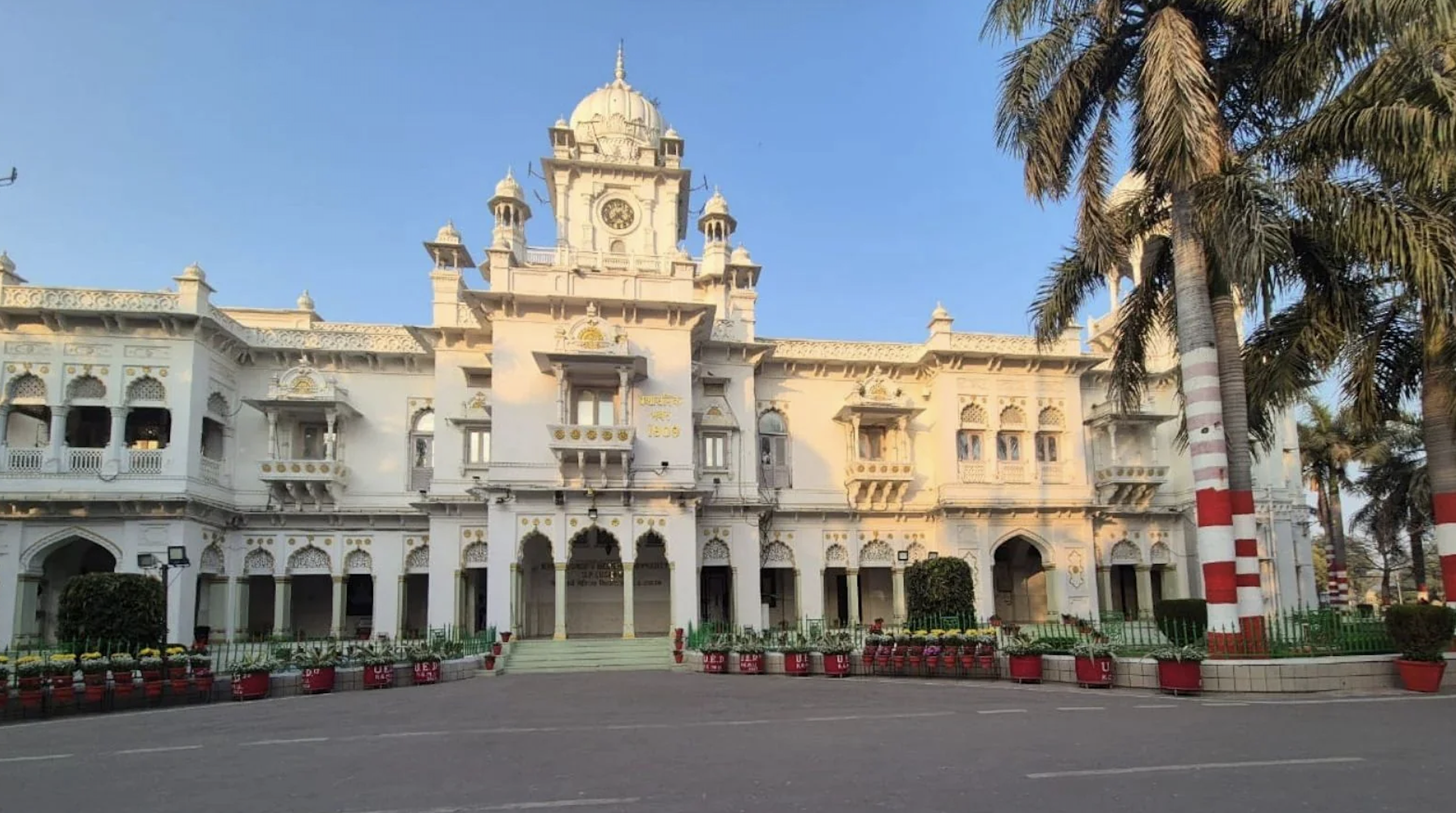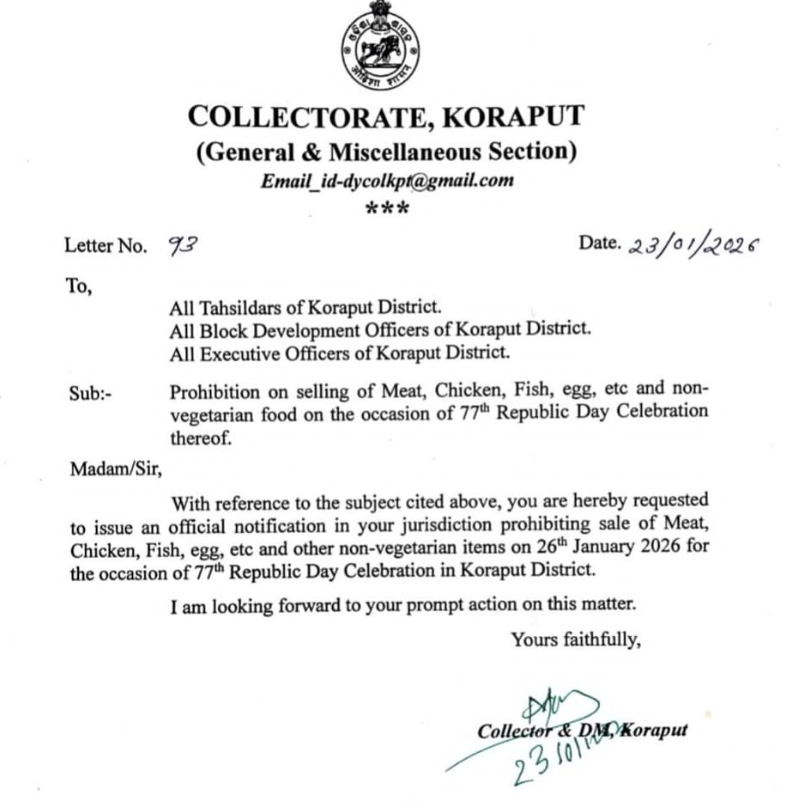
By Tanzil Asif, Umesh Kumar Ray
For two decades, Reena Devi*40, has switched easily between two homes – her marital home in Bihar’s Kishanganj district and maternal home in Jhapa district of Koshi province in Nepal – by crossing the perennial Mechi river. In summer, she could just walk across the dry river bed and during monsoon she would take a boat across Mechi’s swollen waters. She did not need to produce a passport or visa or indeed any material proof of her citizenship. Her life was borderless and seamless.
Now, however, a new fear and anxiety have gripped her. The ongoing Special Intensive Revision (SIR) of Bihar’s electoral rolls, being conducted on the instructions by the Election Commission of India (ECI), is seeking to weed out ineligible voters and this has made it hard for Reena Devi to understand where she belongs.
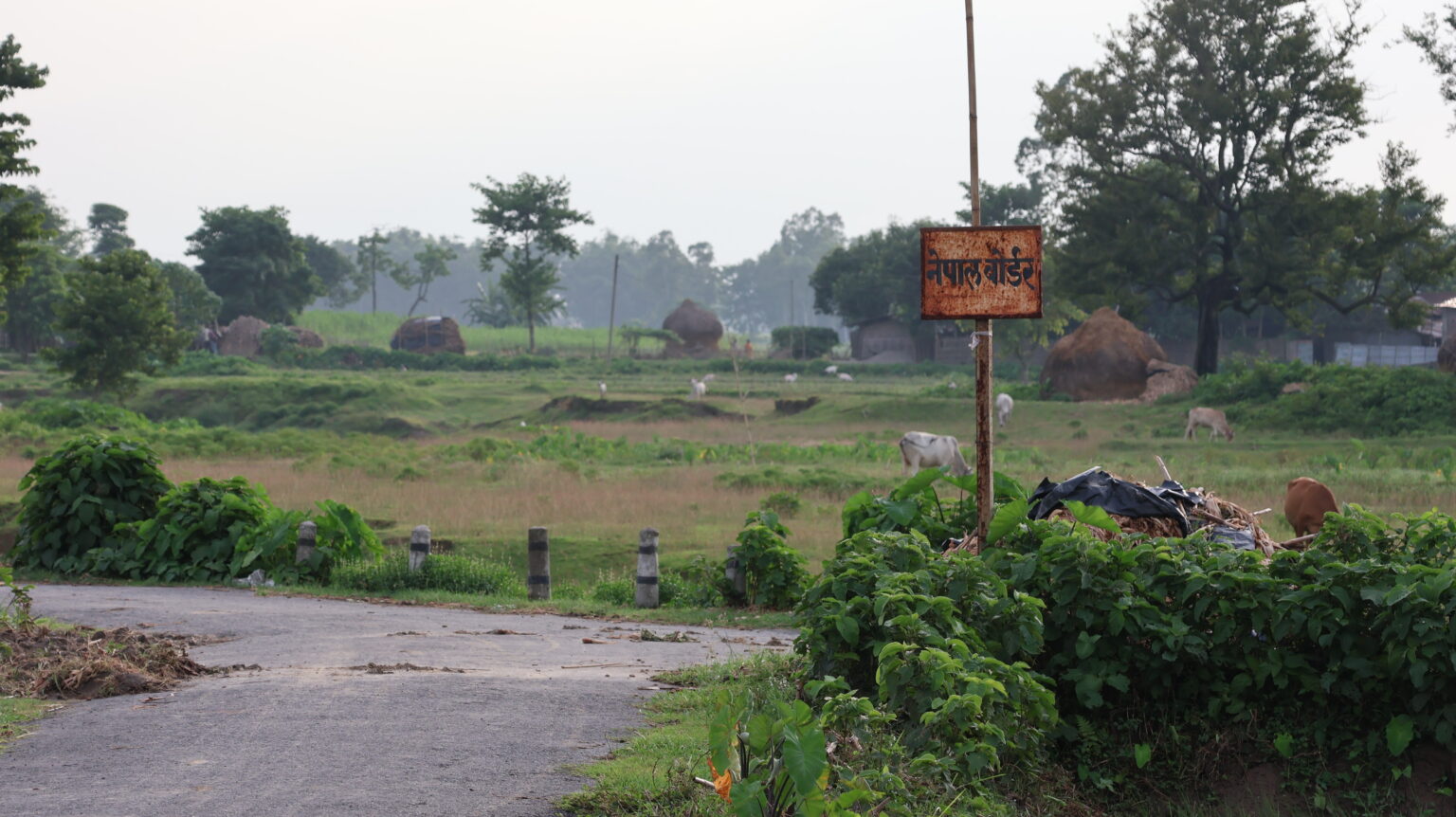
Per ECI’s instructions, voters whose names were included in the state’s electoral rolls after 2003 will now have to submit a slew of documents which includes their proof of identity, the date and place of their birth and the details of the parents’ Electors Photo Identity Card (EPIC) available in the voter list of the year 2003.
Under central government laws, women like Reena Devi, can apply for a citizenship registration if they are married to an Indian citizen and have been living in the country for seven years. But so far, few bothered with this registration because at an informal level, Nepalese women married to Indian citizens are added to the voter list through a straightforward process. They are also issued Aadhaar and other documents such as ration cards.
But the conditions imposed by the ECI have left Reena worried about her eligibility to vote in the upcoming state assembly elections, as she has done since 2009. What worries her even more is that they will raise questions about her citizenship. Would she be allowed to stay with her husband in India or be deported to Nepal?
This story was originally published in behanbox.com. Read the full story here.


